The Intel Core i9-9980XE CPU Review: Refresh Until it Hertz
by Ian Cutress on November 13, 2018 9:00 AM ESTTest Bed and Setup
As per our processor testing policy, we take a premium category motherboard suitable for the socket, and equip the system with a suitable amount of memory running at the manufacturer's maximum supported frequency. This is also typically run at JEDEC subtimings where possible. It is noted that some users are not keen on this policy, stating that sometimes the maximum supported frequency is quite low, or faster memory is available at a similar price, or that the JEDEC speeds can be prohibitive for performance. While these comments make sense, ultimately very few users apply memory profiles (either XMP or other) as they require interaction with the BIOS, and most users will fall back on JEDEC supported speeds - this includes home users as well as industry who might want to shave off a cent or two from the cost or stay within the margins set by the manufacturer. Where possible, we will extend out testing to include faster memory modules either at the same time as the review or a later date.
| Test Setup | |||||
| Intel HEDT | i9-9980XE i9-7980XE i9-7960X i9-7940X i9-7920X |
ASRock X299 OC Formula |
P1.40 | TRUE Copper |
Crucial Ballistix 4x4GB DDR4-2666 |
| AMD TR4 | TR2 2970WX TR2 2920X |
ASUS ROG X399 Zenith |
1501 | Enermax Liqtech TR4 |
Corsair Vengeance RGB Pro 4x8GB DDR4-2933 |
| TR2 2990WX TR2 2950X |
ASUS ROG X399 Zenith |
0508 | Enermax Liqtech TR4 |
G.Skill FlareX 4x8GB DDR4-2933 |
|
| GPU | Sapphire RX 460 2GB (CPU Tests) MSI GTX 1080 Gaming 8G (Gaming Tests) |
||||
| PSU | Corsair AX860i Corsair AX1200i |
||||
| SSD | Crucial MX200 1TB | ||||
| OS | Windows 10 x64 RS3 1709 Spectre and Meltdown Patched |
||||
| VRM Supplimented with SST-FHP141-VF 173 CFM fans | |||||
Unfortunately due to travel back and forth to the US for AMD’s Horizon Event and Supercomputing 2018, I was unable to look into overclocking performance for this review. We will hopefully cover it in another article.
Many thanks to...
We must thank the following companies for kindly providing hardware for our multiple test beds. Some of this hardware is not in this test bed specifically, but is used in other testing.


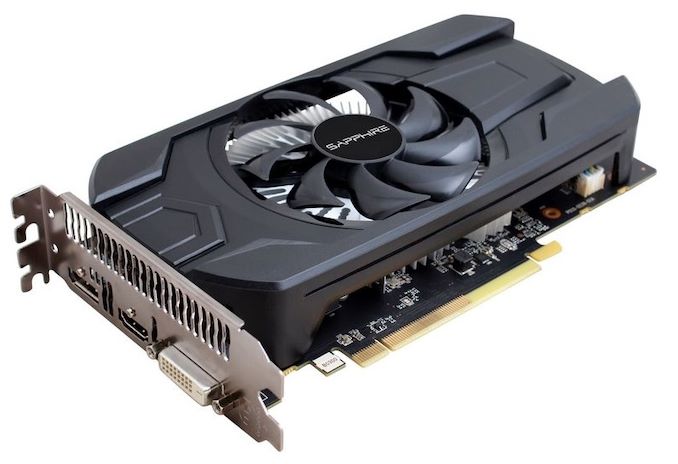
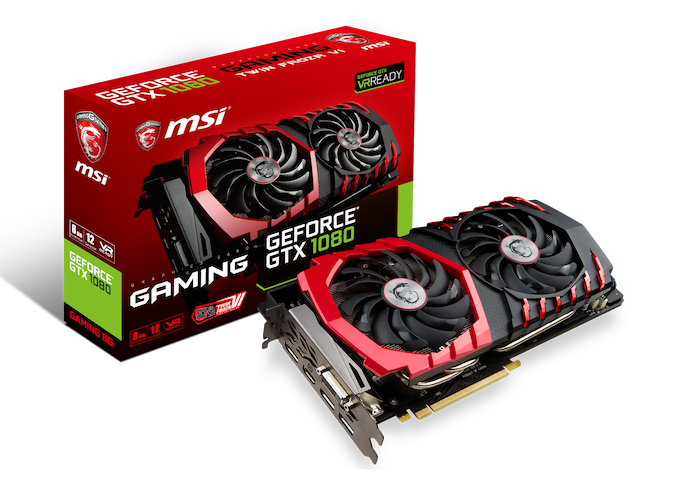
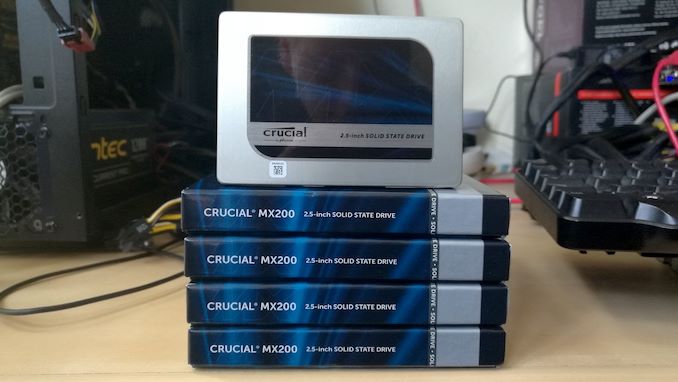
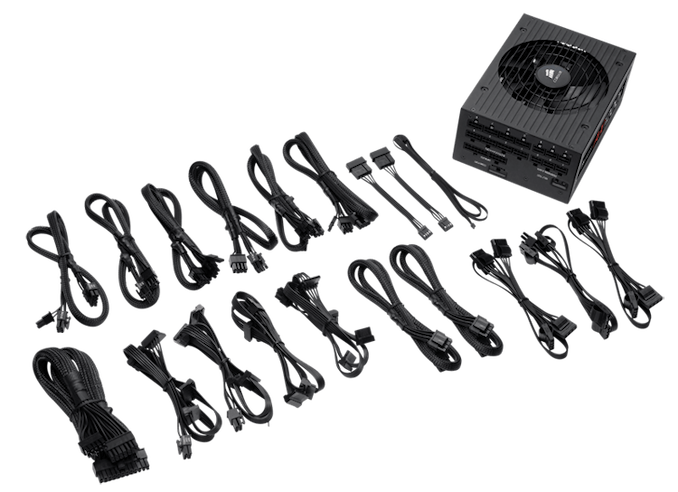
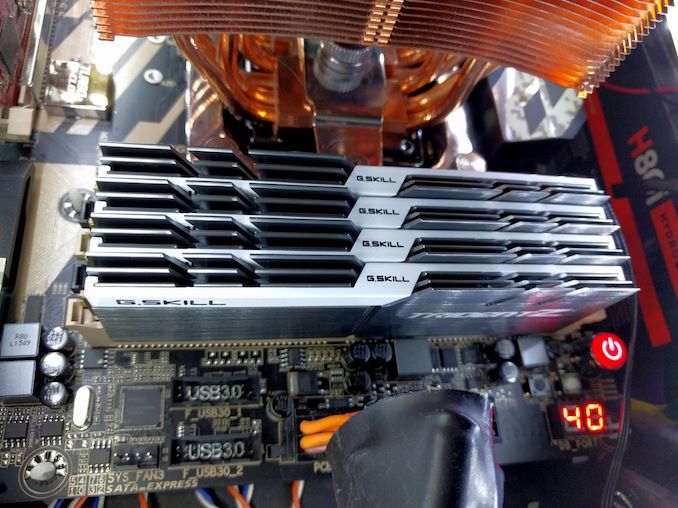
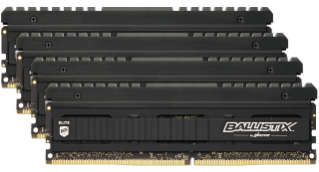
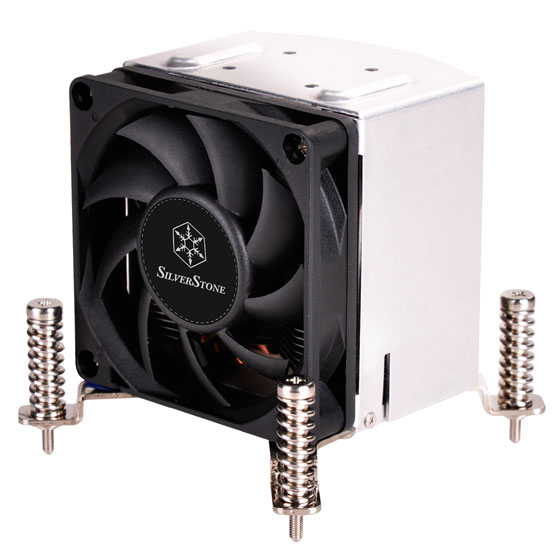
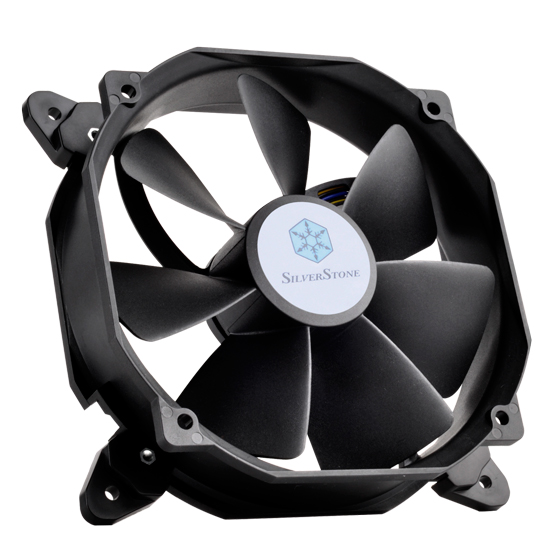








143 Comments
View All Comments
MisterAnon - Wednesday, November 14, 2018 - link
PNC is not right at all, he's completely wrong. Unless your job requires you to walk around and type at the same time using a laptop is a net loss of producitivity for zero gain. At a professional workplace anyone who thinks that way would definitely be fired. If you're going to be in the same room for 8 hours a day doing real work, it makes sense to have a desktop with dual monitors. You will be faster, more efficient, more productive, and more comfortable. Powerful desktops are more useful today than ever before due to the complexity of modern demands.TheinsanegamerN - Wednesday, November 14, 2018 - link
What is your source for gamers being the primary consumers of HDET?imaheadcase - Tuesday, November 13, 2018 - link
Well of course for programming its ok. That is like saying you moved from a desktop to a phone for typing. It requires nothing to type hardly for power. lol That pretty much as always been the case.bji - Tuesday, November 13, 2018 - link
I think you are implying programming is not a CPU intensive task? Certainly it can be low intensity for small projects, but trust me it can also use as much CPU as you can possibly throw at it. When you have a project that requires compiling thousands or tens of thousands of files to build it ... the workload scales fairly linearly with the number of cores, up to some fuzzy limit mostly set by memory bandwidth.twtech - Thursday, November 15, 2018 - link
I also work in software development (games), and my experience has been completely the opposite. I've actually only known one programmer who preferred to work on a laptop - he bought a really high-end Clevo DTR and brought it in to work.I do have a laptop at my desk - I brought in a Surface Book 2 - but I mostly just use it for taking notes. I don't code on it.
Unless you're going to be moving around all the time, I don't know why you'd prefer to look at one small screen and type on a sub-par laptop keyboard if there's the choice of something better readily available. And two 27" screens is pretty much the minimum baseline - I have 3x 30" here at home.
:And then of course there's the CPU - if you're working on a really small codebase, it might not matter. But if it's a big codebase, with C++, you want to have a lot of cores to be able to distribute the compiling load. That's why I'm really interested in the forthcoming W3175x - high clocks plus 28 cores on a monolithic chip sounds like a winning combination for code compiling. High end for a laptop is what, 6 cores now?
Laibalion - Saturday, November 17, 2018 - link
What utter nonsense. I'be been working on large and complex c++ codebases (2M+ LOC for a single product) for over a decade, and compute power is an absolute necessity to work efficiently. Compile times such beast scales linearly (if done properly), so no one wants a shit mobile cpu for their workstation.HStewart - Tuesday, November 13, 2018 - link
Mobile has been this way for decade - I got a new job working at home and everyone is on laptops - todays laptop are as powerful as most desks - work has quad core notebook and this is my 2nd notebook and first one was from nine years ago. Desktops were not used in my previous job. Notebook mean you can be mobile - for me that is when I go to home office which is not often - but also bring notebook to meeting and such.I am development C++ and .net primary.
Desktop are literary dinosaurs now becoming part of history.
bji - Tuesday, November 13, 2018 - link
You are not working on big enough projects. For your projects, a laptop may be sufficient; but for larger projects, there is certainly a wide chasm of difference between the capabilities of a laptop and those of a workstation class developer system.MisterAnon - Wednesday, November 14, 2018 - link
Today's laptops are not as powerful as desktops. They use slow mobile processors, and overheat easily due to thermals. If you're working from home you're still sitting in a chair all day, meaning you don't need a laptop. If your company fired you and hired someone who uses a desktop with dual monitors, they would get significantly more work done for them per dollar.Atari2600 - Tuesday, November 13, 2018 - link
I wouldn't call them very "professional" when they are sacrificing 50+% productivity for mobility.Anyone serious about work in a serious work environment* has a workstation/desktop and at least 2 of UHD/4k monitors. Anything else is just kidding yourself thinking you are productive.